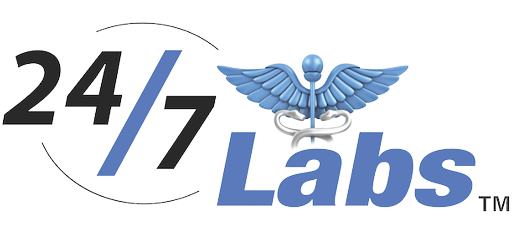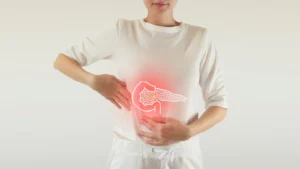Caffeine is one of those things of which we cannot get enough. From coffee to energy drinks and tea, this flavorless, natural stimulant offers a boost in energy many of us need to get through the day. According to the National Library of Medicine, 85% of American adults consume at least one caffeinated beverage daily. But how does the consumption of caffeine affect our health? In this blog, we’ll discuss what you need to know about caffeine and whether it’s good or bad for you.
How Does Caffeine Provide Energy?
Caffeine stimulates the central nervous system (CNS) and brain, traveling from the gut to the bloodstream, and finally breaking down within the liver. It provides energy by blocking the function of adenosine–the neurotransmitter that tells our bodies to feel sleepy. Furthermore, caffeine also increases the activity of various other neurotransmitters, such as dopamine–a chemical released in the brain that allows us to feel satisfaction, pleasure, and motivation, according to Healthdirect.
Is Caffeine Good or Bad for Your Health?
As is the case with other foods and substances, caffeine consumption has both good and bad aspects. And like anything else, it should only be consumed in moderation. To help you understand how caffeine can sometimes be food for you, here are the benefits of caffeine consumption, as explained by Johns Hopkins Medicine.
1. Caffeine blocks the function of adenosine, increasing the amount of dopamine and norepinephrine and uplifting the mood of an individual.
2. Drinking coffee helps in reducing the risk of liver damage and slowing the progression of liver disease.
3. Caffeine consumption helps in the prevention of gout in men and women.
4. Caffeine increases metabolism and enhances exercise performance, improving muscle tolerance, and contraction.
5. It protects against type 2 diabetes, heart disease, stroke, and Parkinson’s disease.

What Are The Drawbacks of Caffeine Consumption?
Now that you have an understanding of how caffeine can be beneficial, let’s have a look at the harmful effects of caffeine.
1. Caffeine stimulates the release of norepinephrine and dopamine which can elevate energy levels and can cause severe anxiety and nervousness in some.
2. Excess caffeine consumption causes physical or psychological dependence. This addiction is often accompanied by withdrawal symptoms, including severe headaches, fatigue, irritability, aggression, and trouble concentrating.
3. Excessive amounts of caffeine can cause insomnia and sleep deprivation.
4. Caffeine can cause Rhabdomyolysis–a chronic condition wherein damaged muscle fibers enter the blood, potentially causing severe problems.
What is The RIGHT Amount of Caffeine?
As we mentioned earlier, many things are fine in moderation. Even though caffeine can have negative side effects, there is one major common denominator in those cases. The factor we’re referring to is excess consumption. According to the United States Food and Drug Administration, a healthy adult can safely consume up to 400 milligrams of coffee a day, which equates to about four cups. For pregnant or nursing women on the other hand, caffeine consumption should be cut down to a maximum of 200 milligrams or two cups. As you can see, caffeine is a helpful naturally occurring stimulant that is good for you when consumed in the recommended amounts.
Wrapping it Up

From coffee and tea to energy drinks and soda, caffeine is something that’s hard to get away from. And who wants to when it helps us navigate our day as efficiently as possible? Luckily, you don’t have to worry about giving up caffeine for your health unless otherwise instructed by a medical professional. As long as you’re careful to consume only the safe recommended amounts of caffeine, you’ll continue to receive the physical and psychological benefits it has to offer. Cheers!



